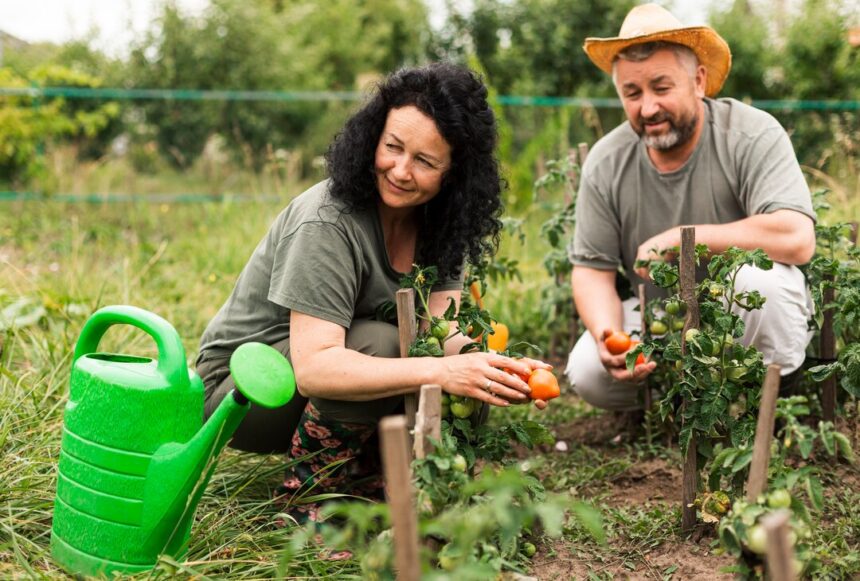In recent years, there has been a resurgence of interest in community gardens as people seek ways to connect with nature, grow their own food, and build stronger communities. Community gardens offer numerous benefits, from providing fresh produce to fostering social connections and promoting environmental stewardship. In this article, we’ll explore the importance of farming and community gardens and how they contribute to a better future for everyone involved.
Promoting Food Security:
One of the primary benefits of community gardens is their ability to promote food security within neighborhoods and communities. By providing access to fresh fruits, vegetables, and herbs, community gardens help address food deserts—areas where nutritious food is scarce or inaccessible. Residents can grow their own produce or participate in shared harvests, ensuring that everyone has access to healthy, affordable food options.
Fostering Social Connections:
Community gardens serve as gathering spaces where people of all ages and backgrounds can come together to work, learn, and socialize. Gardening activities provide opportunities for neighbors to connect, share knowledge, and build friendships. Whether it’s collaborating on garden maintenance tasks, swapping gardening tips, or hosting community events and workshops, community gardens strengthen social bonds and create a sense of belonging among participants.
Promoting Environmental Sustainability:
Community gardens play a crucial role in promoting environmental sustainability by encouraging organic gardening practices, reducing food miles, and increasing green spaces within urban areas. By cultivating gardens using organic methods, participants minimize their reliance on synthetic pesticides and fertilizers, protect soil health, and promote biodiversity. Additionally, growing food locally reduces the carbon footprint associated with transportation and distribution, contributing to a more sustainable food system.
Educational Opportunities:
Community gardens offer valuable educational opportunities for both adults and children, teaching valuable skills related to gardening, nutrition, and environmental stewardship. Gardening activities provide hands-on learning experiences that promote STEM (science, technology, engineering, and mathematics) concepts, foster a deeper understanding of natural processes, and encourage lifelong learning. Many community gardens also offer educational programs, workshops, and youth gardening initiatives to engage participants and empower them to make informed choices about food and health.
Enhancing Urban Spaces:
In addition to their practical benefits, community gardens enhance the aesthetic appeal of urban areas, transforming vacant lots, rooftops, and neglected spaces into vibrant green oases. These green spaces provide respite from the concrete jungle, improve air quality, and contribute to overall urban livability. Community gardens also serve as catalysts for neighborhood revitalization, attracting investment, increasing property values, and fostering a sense of pride in the community.
Conclusion:
Farming and community gardens play a vital role in promoting food security, fostering social connections, promoting environmental sustainability, providing educational opportunities, and enhancing urban spaces. By bringing people together to cultivate shared green spaces, community gardens contribute to the well-being of individuals, neighborhoods, and communities. As we look towards the future, investing in community gardening initiatives offers a promising path towards creating healthier, more resilient, and more sustainable communities for generations to come.








